Stay informed with free updates
Simply sign up to the Emerging markets myFT Digest — delivered directly to your inbox.
The writer is chair of Rockefeller International. His latest book is ‘What Went Wrong With Capitalism’
As Donald Trump prepares to take office, his victory is still widely seen as part of a global story about frustrated voters turning against seated leaders. But this revolt is not global. It is confined to the developed world.
Last year, incumbent parties lost 85 per cent of the elections in developed countries, up from 25 per cent on average in the early 2000s. In developing countries, the mood shifted the other way. Incumbents lost around 25 per cent of the elections in 2024, down from 50 per cent in the early 2000s. Opinion polls tell the same story: the share of respondents who approve of their leader has fallen to near 30 per cent in developed countries, while holding steady above 50 per cent in developing countries.
Incumbents are as, if not more, popular than ever in the developing world. So what’s behind this big divergence?
Hostility to the powers that be in Europe, Japan and the US has been tied in varying degrees to the recent spikes in immigration and prices for staple goods, which are feeding a sense that the system is increasingly rigged and biased against the average person. This is further fuelling a long-term decline of public trust in government. But all these forces are less acute or not present at all in many developing democracies, including large ones where incumbent parties have been winning, led by India, Indonesia and Mexico.
Voters in the US and Europe said one of their biggest gripes last year was inflation, where the legacy of the pandemic left prices for basic needs painfully high. Because the inflation rate spiked much more sharply in developed countries, the shock felt by voters was deeper.
By 2024 in the US the price of eggs, for example, was still 200 per cent higher than before the pandemic — compared with about 50 per cent higher in India and Indonesia. Even after adjusting for that broader surge in inflation, home prices were up 17 per cent in developed countries, versus just 3 per cent in developing ones, which helps explain why unaffordable housing is stoking strong anti-incumbent sentiment in the US and UK.
Meanwhile, the surge in immigration had become a burning election issue in the west but not in developing countries, which are largely departure points rather than destinations for immigrants.
Though the post-pandemic recovery led to much bigger gains for the rich than for the rest, the gap has been widening relatively slowly in the developing world. Since 1980, the income share of the top 1 per cent has more than doubled in the US to 21 per cent, while inching up just 3 points to 18 per cent on average in the major developing economies. Most strikingly, Mexico is one of the few countries where the income share of the 1 per cent is falling.
The mounting impact of inflation, immigration and inequality helps explain why only about 20 per cent of Americans express trust in government, down from a peak above 70 per cent in the 1960s. In developing nations, trust is ticking up on average, lifted in the past decade by huge gains in nations where incumbents won last year. Nearly 50 per cent of Mexicans and over 70 per cent of Indians and Indonesians now express trust in their government.
One reason trust is rising is the rapid digitisation of government, which improves delivery of public services by cutting out corrupt middlemen. By 2022, led by gains in India, governments of developing countries had overtaken their developed peers on the World Bank’s index of “government technological maturity”.
In the developing world, election battles are more idiosyncratic and local. In Mexico, the incumbent party won last year for reasons that include its record fighting poverty, and in Indonesia due to the popularity of the outgoing president Joko Widodo despite charges that he was setting up his son as a successor. India’s Prime Minister Narendra Modi suffered a loss of his legislative majority, but still won a third term, with a boost from the more efficient delivery of welfare benefits. Across India, incumbent parties have fared well in recent state elections as well.
These mood shifts appear likely to continue. In 2025, polls show incumbents set to lose all three national elections in the developed world — in Germany, Australia and Canada. There will be fewer major national elections in the developing world and in emerging markets, but polls point to more mixed results. Incumbents are heading for defeat in national elections in Poland and Romania, victory in Ecuador and in big legislative elections in Argentina and the Philippines. For now, much of the developing world sees no urgent reason to throw the bums out.



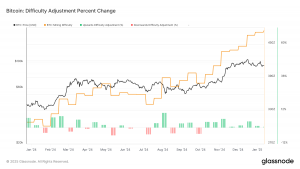









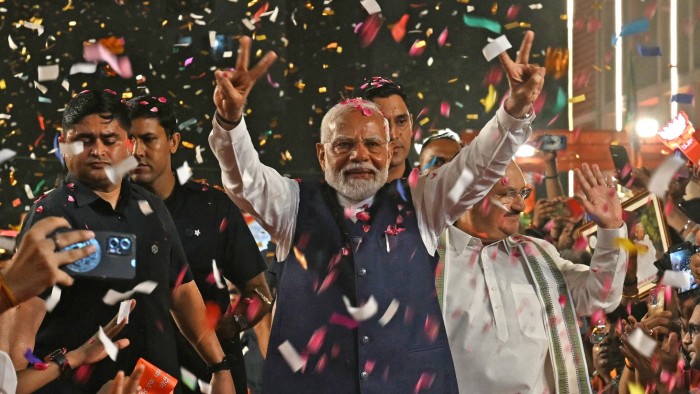
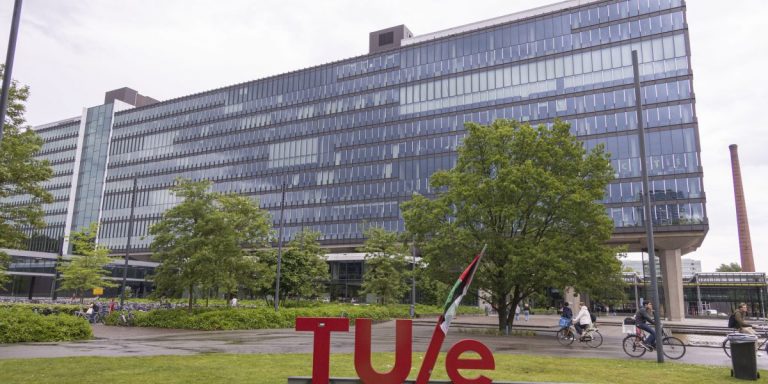
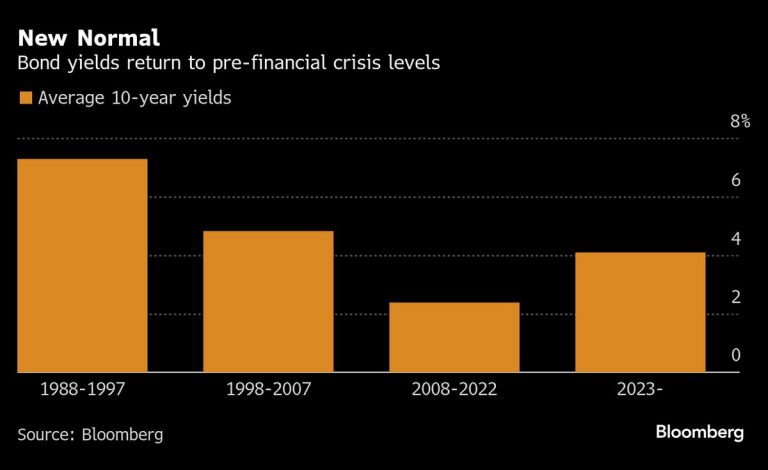

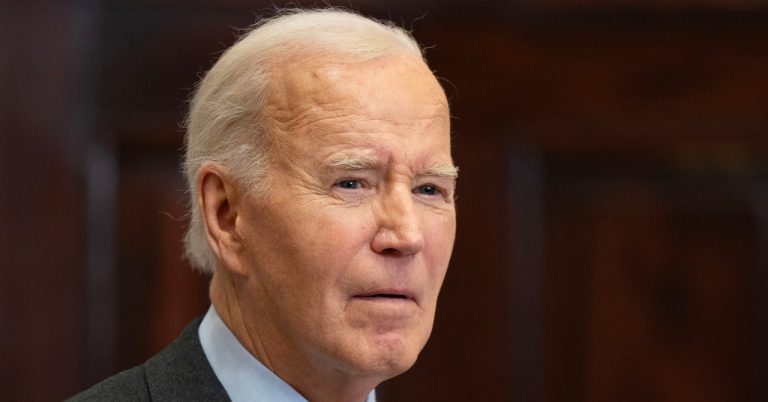
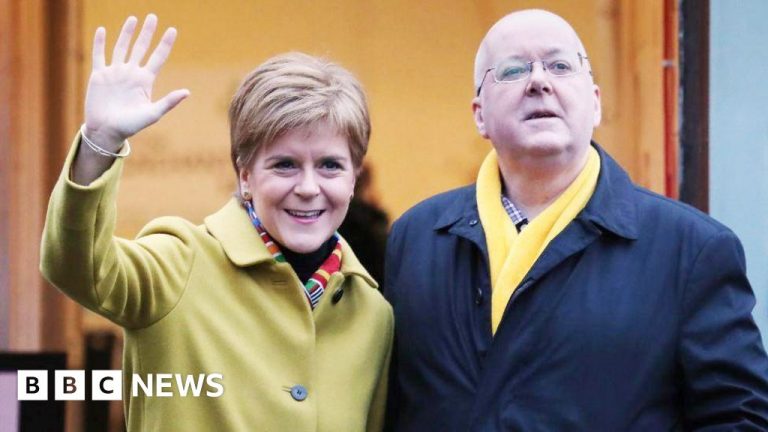


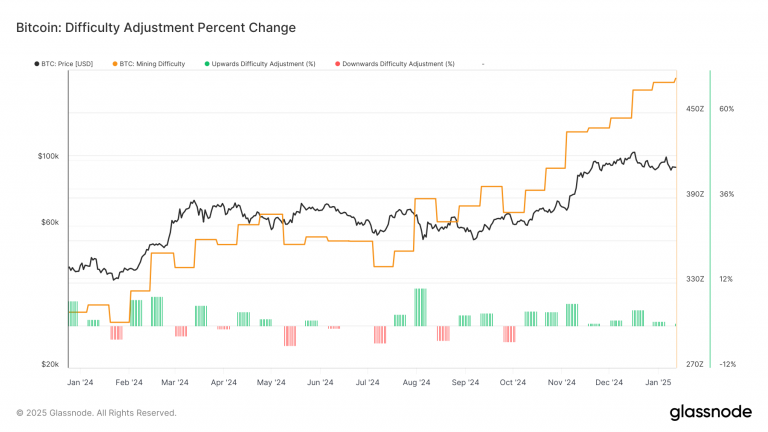




+ There are no comments
Add yours